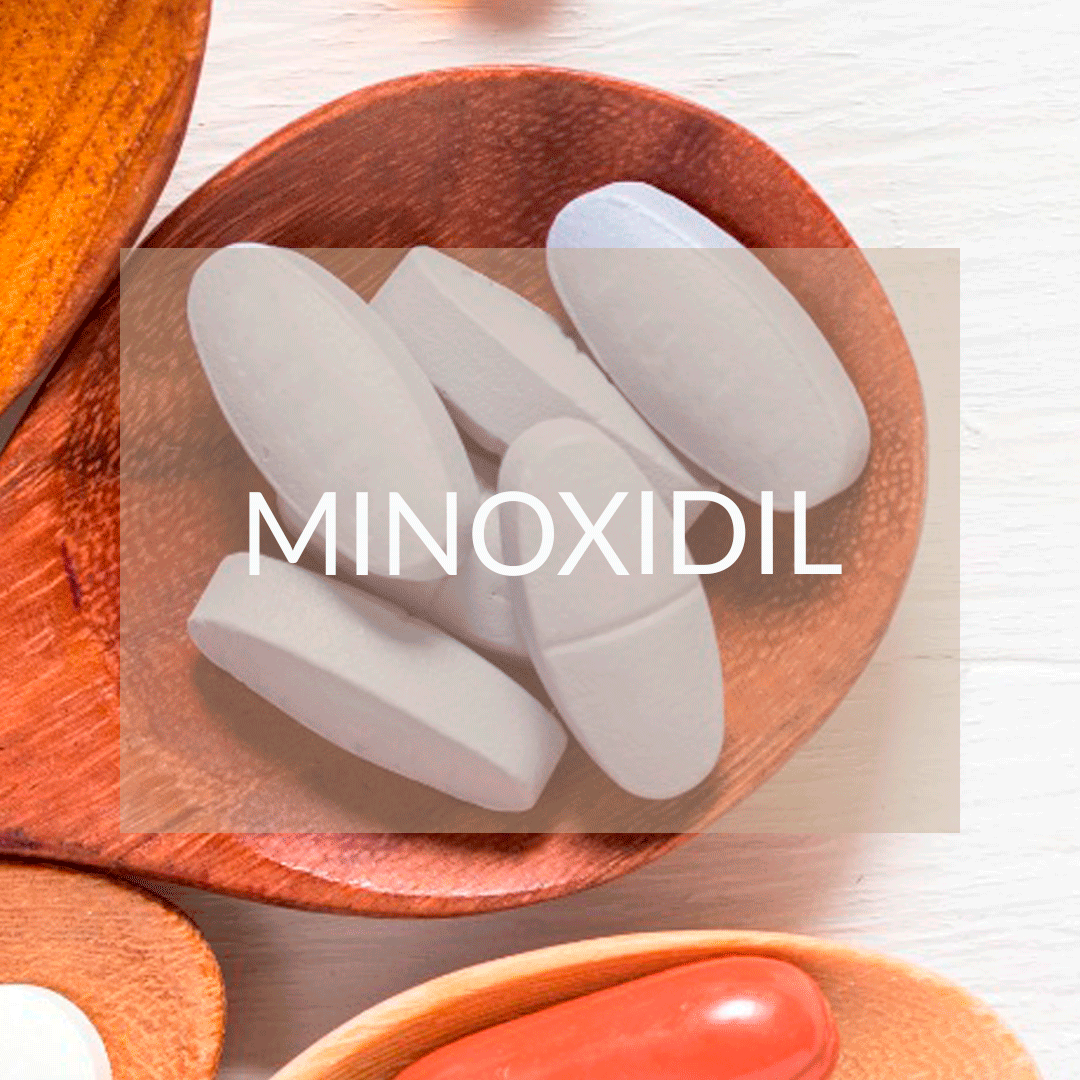Pharmacologila treatment – DUTASTERIDE
Although Dutasteride is used to combat benign prostatic hyperplasia (prostate enlargement), it has also been shown to be an effective medication in aiding hair treatments. It is a medication with a similar mechanism of action to Finasteride. Both act as 5-alpha reductase inhibitors, although it is true that Dutasteride is more effective. Finasteride’s inhibition power reaches 70% while Dutasteride reaches 90%.
The studies that endorse this medication speak of it, qualifying it with an excellent safety profile. This only endorses its use in patients who must treat alopecia.
Under what conditions is it prescribed?
It must be prescribed by a specialist in capillary medicine, such as the Doctor Espinosa Custodio. This medicine will help the patient’s capillary treatment and will serve as a complement, according to the doctor’s diagnosis, to the hair transplant or diagnosed medical treatment.
How is it taken?
It is usually presented in the form of capsules that must be ingested orally. They are normally taken once a day, and should be consumed at about the same time. You should always follow your doctor’s instructions and, above all, do not increase or decrease the dose, as this will not increase its effectiveness. The capsules must be taken whole, not opened, chewed or crushed.
On other occasions, Dutasteride can be prescribed as a lotion to be applied topically, being equally effective and acting on the scalp.
Should I take precautions with Dutasteride?
Before you start taking Dutasteride, you should tell your doctor if you are allergic to the medicine or to similar medicines such as Finasteride or any of the ingredients of Dutasteride. You should also report all medications, vitamins, nutritional supplements, and herbal products you take. It is important for your doctor to know if you have or have ever had liver disease or prostate cancer.
Dutasteride should be discontinued if paternity is actively sought. This medicine can decrease the quality of semen. It could affect the pregnancy in such a way. The fetus could suffer malformations or cause abortions during it.
As with Finasteride, women should stay away from this drug, especially those who are pregnant or plan to become pregnant, as it can harm the fetus. You will also not be able to donate blood while taking Dutasteride or for six months after you stop taking it.
Due to these precautions, Dutasteride can only be taken under prescription and medical supervision.
Does it have side effects?
Dutasteride can cause side effects, although they are not common (less than 3%), such as the inability to have or maintain an erection, decreased sexual desire, or problems with ejaculation. Other side effects may also occur such as changes in the breasts (increase in size, lumps, pain or discharge from the nipples), swelling of the face, tongue or throat, difficulty in breathing or swallowing or peeling of the skin.
How is it preserved?
Dutasteride should be kept out of the reach of children, in its original container and tightly closed. It should be at room temperature, away from both heat and moisture. Any capsule that is misshapen, discolored, or missing components should be discarded.
Is there anything else I should know about Dutasteride?
You should not miss any follow-up visits with the doctor who prescribes Dutasteride. This is very important, as the doctor can order lab tests that will indicate if the medicine is working as intended. In addition, if you are already taking Dutasteride and go to another consultation, you must inform both the doctors and the professionals of the laboratory.
On the other hand, it is important to highlight the high safety index that both Finasteride and Dutasteride offer. They are drugs that were initially conceived against benign prostatic hyperplasia, but capillary thickening was seen as a side effect. Other effects, such as those of a sexual nature, are rare and unlikely.
Who should prescribe Dutasteride?
Dutasteride must be prescribed by a Trichologist such as Doctor Espinosa Custodio, Medical Director of the Instituto Médico del Prado who in his diagnostic consultation will decide, based on his experience, the best treatment for you..
FAQs
If a man takes finasteride or dutasteride for his alopecia, what effect does it have on his prostate?
At the doses normally used in alopecia, it would have no effect on the prostate. In any case, the effect would be positive, since it would prevent the prostate from growing abnormally.
Can women take this medicine even though the package insert says it is for men?
They can take it, always under a doctor’s prescription. The use of a medicine outside the indication for which it was launched can be done, as long as there is scientific evidence of its effectiveness and safety. In the case of finasteride and dutasteride, there are multiple studies supporting their effectiveness and safety in male and female alopecia.
What precautions should a woman taking finasteride or dutasteride take?
The most important: You must avoid becoming pregnant while taking the drug and for a period of time after stopping it (1 month for finasteride and 6 months for dutasteride).
Having taken these drugs, however, does not negatively affect the patient’s future pregnancy.
Can I take finasteride or dutasteride if I am male and actively trying to have a baby?
This drug can be transmitted during sexual intercourse, so if you are looking to become a father, you should suspend treatment for a few months. I will tell you how to proceed, as the “washout” months may vary depending on the dose you take and the medication (dutasteride or finasteride).
Do these drugs increase the risk of cancer?
These drugs do not increase the risk of any type of cancer. There are important studies proving this fact.
Is it necessary to carry out analytical controls or avoid any type of medication while taking these drugs?
As they are selective medications on the follicular root, they are very safe drugs and no analytical control is usually necessary, nor do they interact with other drugs. Follow the indications that has been given to you in your particular case. Normally, Doctor Espinosa Custodio likes to do a blood test before starting any pharmacological treatment.
Commercial or master formula?
The use of finasteride for androgenetic alopecia is currently indicated at a dose of 1 mg/day.
This application is currently an “off-label use”. This means that there is no currently marketed dutasteride drug for patients with alopecia. Avidart is usually prescribed but the indication that appears in the prospectus is for benign prostatic hyperplasia
In general, I usually resort to the magistral formulation (that is, they “make” the capsules in the pharmacy with the doses prescribed for each patient). To avoid errors in the magistral formula, it must be done in specialized pharmacies with experience in drug formulation.
What happens if I stop taking dutasteride?
Like other treatments for alopecia, these medications are not curative and their positive effect will be maintained as long as patients maintain treatment over time. For this reason, it is essential that the treatment strategy be comfortable enough for good therapeutic adherence. That the treatment must be maintained continuously does not mean that it must be daily, in fact, many patients are adequately maintained with a therapy of 2-3 doses a week when the alopecia is stabilized.
Do I have to be taking pills the rest of my life or is there another alternative?
Pharmacological treatment is very important to stabilize alopecia, but as the patient gets older, the doses can be lower and can even be suspended in some periods.
There is the possibility that oral treatment may be substituted for topical. This treatment is also very effective if the patient is constant in its application.
Does finastopic works?
Topical solutions such as finastopic are an alternative to oral treatment that is just as effective, as long as the patient is consistent in its use and is applied as often as prescribed.
Bibliography
– Benign prostatic hyperplasia. Lancet., 361 (2003), pp. 1359-1367. A. Thorpe, D. Neal. Recuperado de: http://dx.doi.org/10.1016/S0140-6736(03)13073-5 | Medline
– A review of the clinical efficacy and safety of 50alpha-reductase Inhibitors for the enlarged prostate. Clin Ther., 29 (2007), pp. 17-25. M. Naslund, M. Miner. http://dx.doi.org/10.1016/j.clinthera.2007.01.018 | Medline
– Effect of 5α-reductase inhibitors on sexual function: A meta-analysis and systematic review of randomized controlled trials. J Sex Med., 13 (2016), pp. 1297-1310L. Liu, S. Zhao, F. Li, et al. http://dx.doi.org/10.1016/j.jsxm.2016.07.006 | Medline




